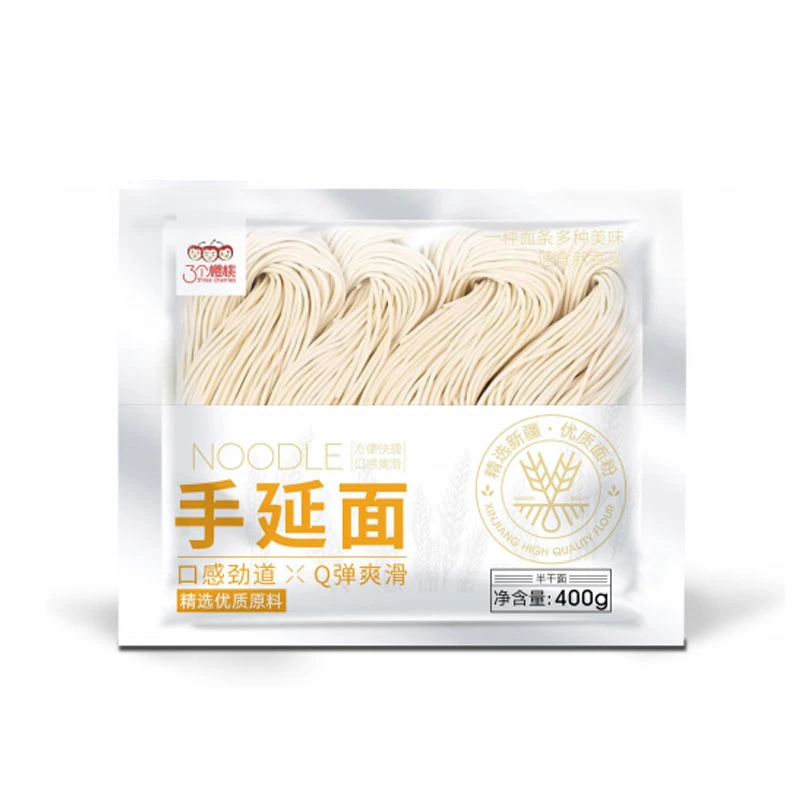Exploring Soba Noodles as a Healthy Option for Diabetes Management and Nutrition
Soba Noodles and Diabetes A Healthy Choice for Blood Sugar Management
Soba noodles, made primarily from buckwheat flour, are a staple in Japanese cuisine. Known for their nutty flavor and chewy texture, soba noodles offer not only deliciousness but also a variety of health benefits. For individuals managing diabetes, soba noodles can be a particularly beneficial choice when included in a balanced diet. This article explores the nutritional properties of soba noodles, their glycemic index, and tips for incorporating them into a diabetes-friendly meal plan.
Nutritional Profile of Soba Noodles
Soba noodles are distinct from regular wheat noodles and provide a range of nutrients that can be advantageous for those with diabetes. One of the standout features of soba noodles is their high fiber content. Fiber plays a critical role in blood sugar management since it helps to slow down the digestion and absorption of carbohydrates, preventing rapid spikes in blood glucose levels. Additionally, soba noodles contain essential vitamins and minerals such as manganese, magnesium, zinc, and iron, all of which contribute to overall health and well-being.
Importantly, soba noodles are also a rich source of protein compared to other noodle varieties. This higher protein content can help maintain muscle mass and promote satiety, making it easier to control cravings and manage portion sizes—factors that are especially important for individuals aiming to maintain a healthy weight alongside blood sugar control.
Glycemic Index Considerations
The glycemic index (GI) is an important measurement that indicates how quickly a carbohydrate-containing food raises blood sugar levels. Foods with a high GI can cause rapid spikes in blood glucose, while those with a low or moderate GI cause a slower, more gradual increase. Soba noodles typically have a lower GI compared to traditional white pasta or rice, making them a suitable option for people with diabetes.
When choosing soba noodles, it's essential to opt for 100% buckwheat noodles, as some varieties may contain wheat flour and thus have different glycemic properties. The presence of buckwheat, a pseudocereal, provides additional benefits due to its rich antioxidant content and potential anti-inflammatory properties.
Incorporating Soba Noodles into a Diabetes-Friendly Diet
soba noodles and diabetes

To make the most out of soba noodles while managing diabetes, consider the following tips for preparing and serving soba dishes
1. Balance Your Plate Combine soba noodles with a variety of non-starchy vegetables, such as bell peppers, broccoli, and spinach. This not only adds color and flavor but also increases fiber intake, which aids in blood sugar control.
2. Add Lean Proteins Incorporate lean protein sources into your soba noodle dishes, such as grilled chicken, tofu, or shrimp. Proteins help stabilize blood sugar levels by slowing down the digestion of carbohydrates.
3. Limit Sugary Sauces Be mindful of sauces that may contain added sugars, such as some soy sauces or teriyaki sauces. Opt for lighter dressings or make your own sauces using low-sodium soy sauce, ginger, and garlic for flavor without excess sugar.
4. Watch Portion Sizes While soba noodles are a nutritious choice, portion control is vital for managing carbohydrate intake. A moderate serving, combined with plenty of vegetables and a good protein source, can create a balanced meal.
5. Experiment with Cold Dishes Soba noodles are delicious served cold in salads or with dipping sauces. Cold soba salads can be refreshing and light, making for an excellent lunch option during warmer months.
Conclusion
Soba noodles, with their unique nutritional profile and lower glycemic index, can be a fantastic addition to the diet of someone managing diabetes. By pairing soba with a variety of colorful vegetables and lean proteins while being mindful of portion sizes and sauces, individuals with diabetes can enjoy a satisfying and healthy meal. With a little creativity, soba noodles can become a versatile component of a balanced diet that supports blood sugar management while also offering a delicious culinary experience. As always, it is essential to consult with healthcare providers or nutritionists when making significant dietary changes.
-
Is Whole Wheat Pasta Healthy?NewsMay.30,2025
-
Are Soba Noodles Good for Weight Loss?NewsMay.30,2025
-
Are Buckwheat Soba Noodles Healthy?NewsMay.30,2025
-
Are Buckwheat Soba Noodles Gluten Free?NewsMay.30,2025
-
Are Buckwheat Noodles Good for You?NewsMay.30,2025
-
A Healthy Way to Savor Soba and Spicy FlavorsNewsMay.30,2025
-
What Are Lanzhou Noodles?NewsMay.30,2025
Browse qua the following product new the we

















































































































